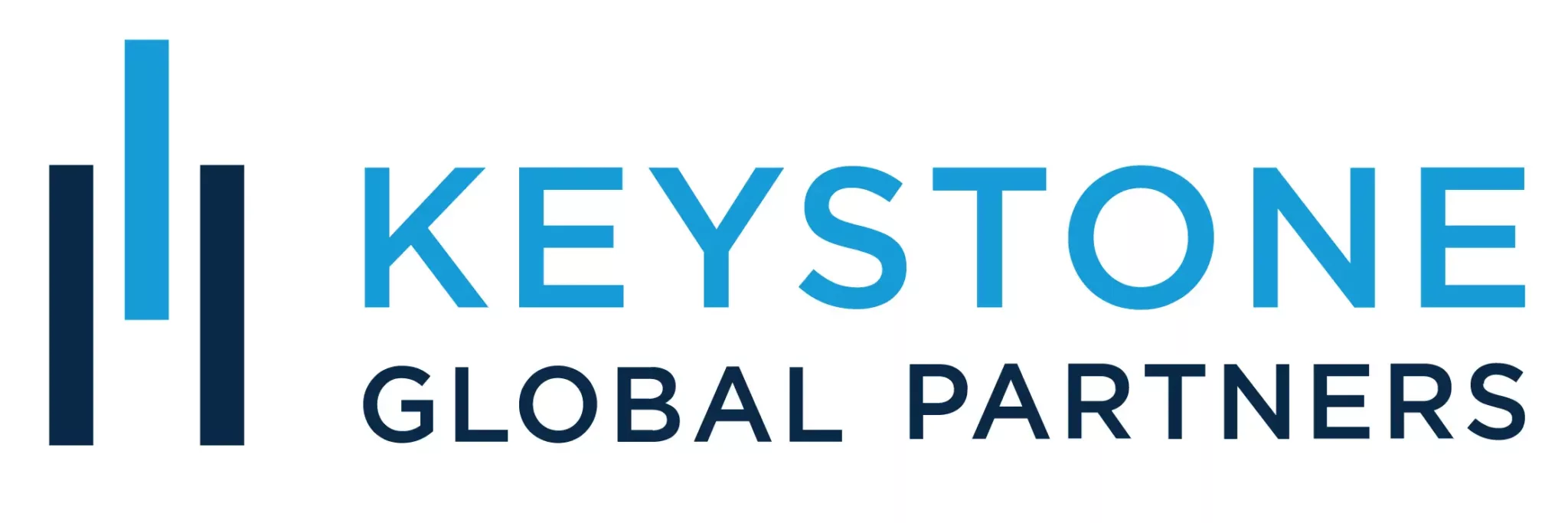It’s a pivotal moment every founder both anticipates and dreads. Should you sell your company or hold on to it?
This dilemma extends beyond selling a company. It also arises when founders consider selling shares during a tender offer/secondary sale, or managing concentrated holdings. Be it crypto, stock in your portfolio that is up 10x, or public equity from an acquisition.
There’s no universal playbook. What feels right for a first-time founder might be worlds apart from the approach of a seasoned entrepreneur with multiple exit notches on his or her belt and a minted personal balance sheet. But here’s the good news. With a little introspection and a solid plan, you can approach these crossroads with clarity and confidence.
We’ve been having this exact conversation with clients navigating decisions around their businesses and concentrated assets. This article explores whether to stay the course, take some chips off the table, or sell and don’t look back.
The Big Questions Founders Need to Ask
1. Is This Life-Changing Money?
Are we talking about money that could completely change your life? Be honest with yourself here. While the term “life-changing” means something different to everyone, it’s the linchpin of this decision. For some folks, it’s clearing debt and setting up a comfy life. For others, it’s being able to retire and pass on wealth to their children. And to others, it may be supporting your philanthropic initiatives, setting up a family office, or all of the above.
Take a long, hard look at what this money means for you and your family. Will it give you peace of mind? Confidence to take more risk? Freedom to explore new ventures? Or maybe it’s about giving some sleep-filled nights back to the partner who’s been riding the entrepreneurial rollercoaster right alongside you. Define what “life-changing” means before you start crunching numbers.
2. How Much Would You Put Back Into the Business?
If you sold everything, how much of that cash would you invest back into your company or the asset you just sold? Thinking this through can tell you a lot. If your instinct is to reinvest the majority, it signals that you may still believe deeply in the vision and future of your business, stock, or asset. Maybe selling now would feel premature. On the other hand, if reinvesting doesn’t feel like a priority, maybe it’s time to diversify.
It’s not just about money. This question is a gut check about whether you’re ready, emotionally and mentally, to part ways with your “baby.” Founders who can’t imagine reinvesting might already have mentally disengaged. And that’s okay. Just be real with yourself.
3. Long-Term Goals vs. Short-Term Gain
What are your big goals? Where do you want to be in 5, 10, or even 20 years? What kind of life do you envision for your children and perhaps your children’s children? Does selling now align with that vision? Maybe you’re eager to start your next venture, and selling could give you the freedom to launch without relying on a salary for the next few years. On the other end of the spectrum, you may see your current business as your legacy, something you want to nurture to its full potential. The thought of letting it go might feel like giving up on something much bigger.
Happiness isn’t always tied to the biggest financial win. You might score a huge payday, but if it leaves you feeling hollow or like you’ve missed out on a bigger mission, is it worth it? My Barron’s article unpacks post-exit experiences of other founders. Spoiler alert: this can be very common for founders post-exit.
4. Finding the Perfect Balance
Selling doesn’t have to mean selling out. Many founders find success by striking a balance – selling enough to ensure their financial security while keeping enough skin in the game to stay motivated and participate in the upside. This middle-ground approach lets you de-risk your personal finances while still being able to participate in the upside.
This “Goldilocks number” isn’t about maxing out or cashing out. It’s about crafting a plan that feels “just right” for you.
Timing Matters
Your decision isn’t happening in a vacuum. Market dynamics play a huge role. Is your industry hot right now? Are you getting offers to sell your shares at a crazy valuation? Or is your business about to hit an inflection point that could make this year’s offers look laughably small down the road? Timing, market conditions, and the deal’s financial structure are very important. Sometimes the market dictates “go” even if your heart whispers “wait.” Other times, patience is the name of the game.
The trick is learning to read the room, or, in this case, the market, and knowing when a deal is too good to pass up versus not good enough. A strong support team (mentors, advisors, etc.) can help you gauge whether striking now is the smart call, or whether it’s worth holding steady.
Behavioral Biases
Identifying behavioral biases is a crucial step in improving your financial decision-making. Take a moment to self-assess: Do you hold onto losing investments longer than necessary? This might indicate a loss aversion bias. Are your investment choices heavily influenced by recent market news or trends? That could point to a recency bias or herding behavior. Do you prefer investing in familiar companies over others? This may suggest a familiarity bias. Additionally, consider your emotional reactions. Do you feel excessive anxiety over potential losses or heightened excitement about recent gains? These emotions often reveal underlying biases that can cloud your judgment. Reflecting honestly on these patterns can help you recognize and address, or at least be cognizant of, the biases affecting your financial decisions, paving the way for more intentional and informed choices.
Wrapping It Up
When it comes to selling or sticking it out, there’s no universal answer. It’s personal, and depends on a long list of factors only you can fully understand. The key is to think beyond just dollars and cents. This is about your goals, your risk tolerance, and the impact you want to make in the long run.
Whether you sell, stay, or find a happy medium, the best choice is the one that gives you peace of mind and keeps you aligned with what matters most in your life, whatever that is. Don’t be afraid to ask for help along the way. Mentors, peers, and advisors have been through similar situations, and their perspectives can be very helpful.
At the end of the day, this is your story. Make sure the next chapter feels right.


